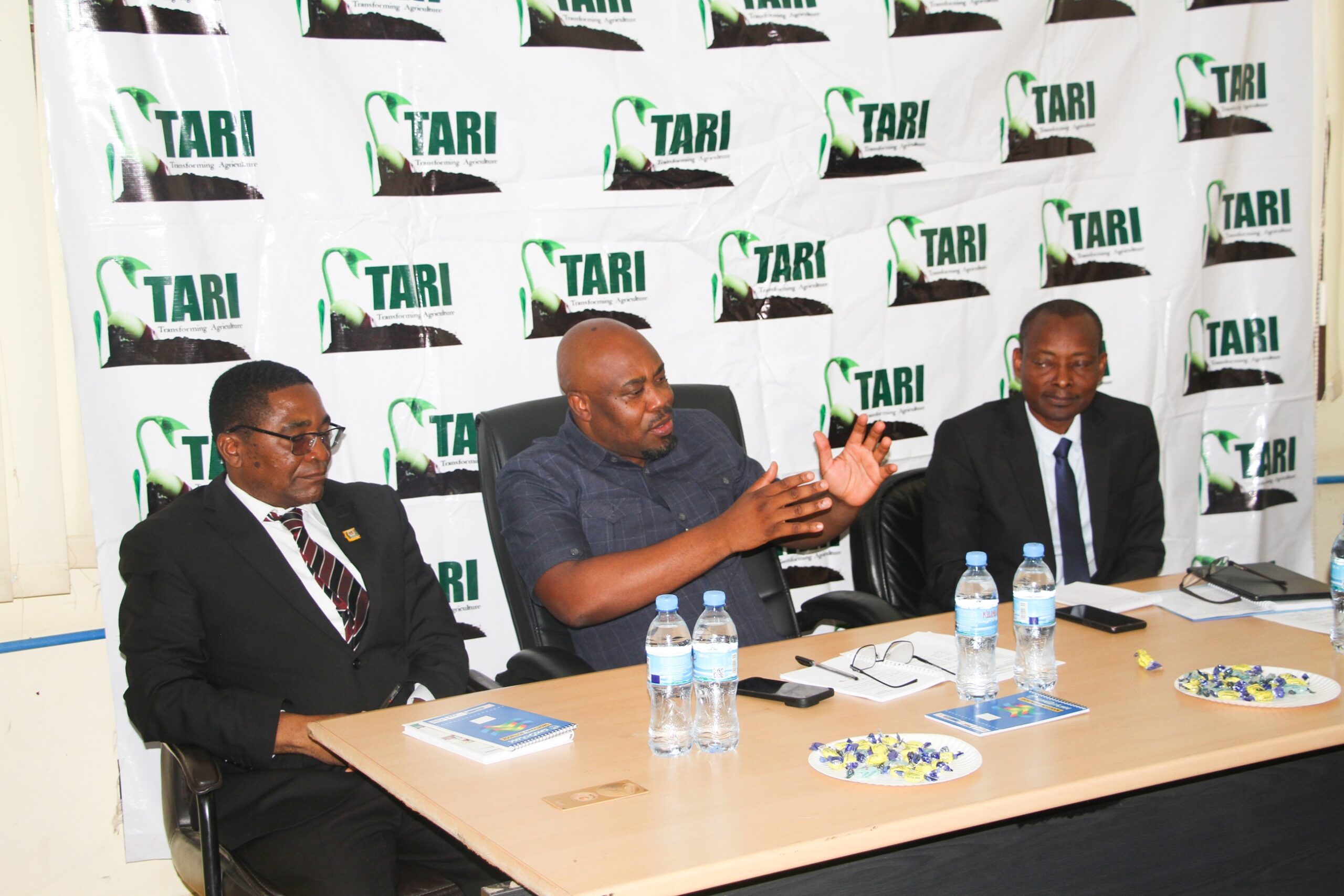Kilimokwanza.org Team
For Tanzanian farmers struggling with acidic soil, a new weapon in their arsenal promises to double their crop yields. Research by the Tanzania Agricultural Research Institute (TARI), in collaboration with SAGCOT and other organizations, has revealed the transformative power of agricultural lime.
According to the findings of a soil health research initiative under the Guiding Investments in Sustainable Agricultural Intensification in Africa (GAIA) project, which involved the Tanzanian Agricultural Research Institute (TARI), in collaboration with SAGCOT and the International Wheat and Maize Research Institute (CIMMYT), and funded by the Bill & Melinda Gates Foundation, applying agricultural lime can potentially double or even surpass the yields obtained through conventional farming on acidic soils.
This pivotal research was conducted in the Mbozi District of Songwe Region and the Geita District in the Geita Region, with a focus on maize and bean crops, the primary subjects of this study. The results, unveiled in Dodoma on April 9, 2024, underscore the inefficacy of relying solely on fertilizers in acidic conditions, as they yield scant and frail crops.
Dr. Joel Meliyo, the National Coordinator of the project and Manager of the TARI Hombolo center, emphasized the remarkable improvement in both the quantity and quality of crops when agricultural lime is properly applied in acidic areas. This revelation paves the way for exploring efficient methods of making agricultural lime accessible to farmers, alongside assessing its economic viability to maximize benefits for the agricultural community.
Echoing these sentiments, Dr. Thomas Bwana, the Director-General of TARI, highlighted the ongoing efforts to streamline the availability of agricultural lime and its economic implications to further empower farmers. Nyasebwa Chimangu, the Director of Crop Development from the Ministry of Agriculture, who graced the event as the chief guest, assured that the government would explore avenues to facilitate easier access to agricultural lime for farmers, akin to the subsidies provided for fertilizers and seeds, thereby enhancing productivity.
Pascal Rufulila, a maize farmer from Ndelema village, Geita District, shared a compelling testimony of how the knowledge acquired from TARI researchers through this project enabled him to increase his yield from five to twenty bags per acre, showcasing the tangible benefits of adopting agricultural lime in farming practices. This development not only signifies a leap towards combating soil acidity but also aligns with the broader objectives of sustainable agricultural growth and food security in Tanzania.
A Call to Action for Tanzanian Farmers
The research findings encourage Tanzanian farmers with acidic soil to consider using agricultural lime. However, it’s crucial to get your soil tested to determine the appropriate lime application rate. Agricultural extension officers are available to provide further guidance and support.
By embracing agricultural lime, Tanzanian farmers can unlock the full potential of their land, leading to a more prosperous and sustainable future.
